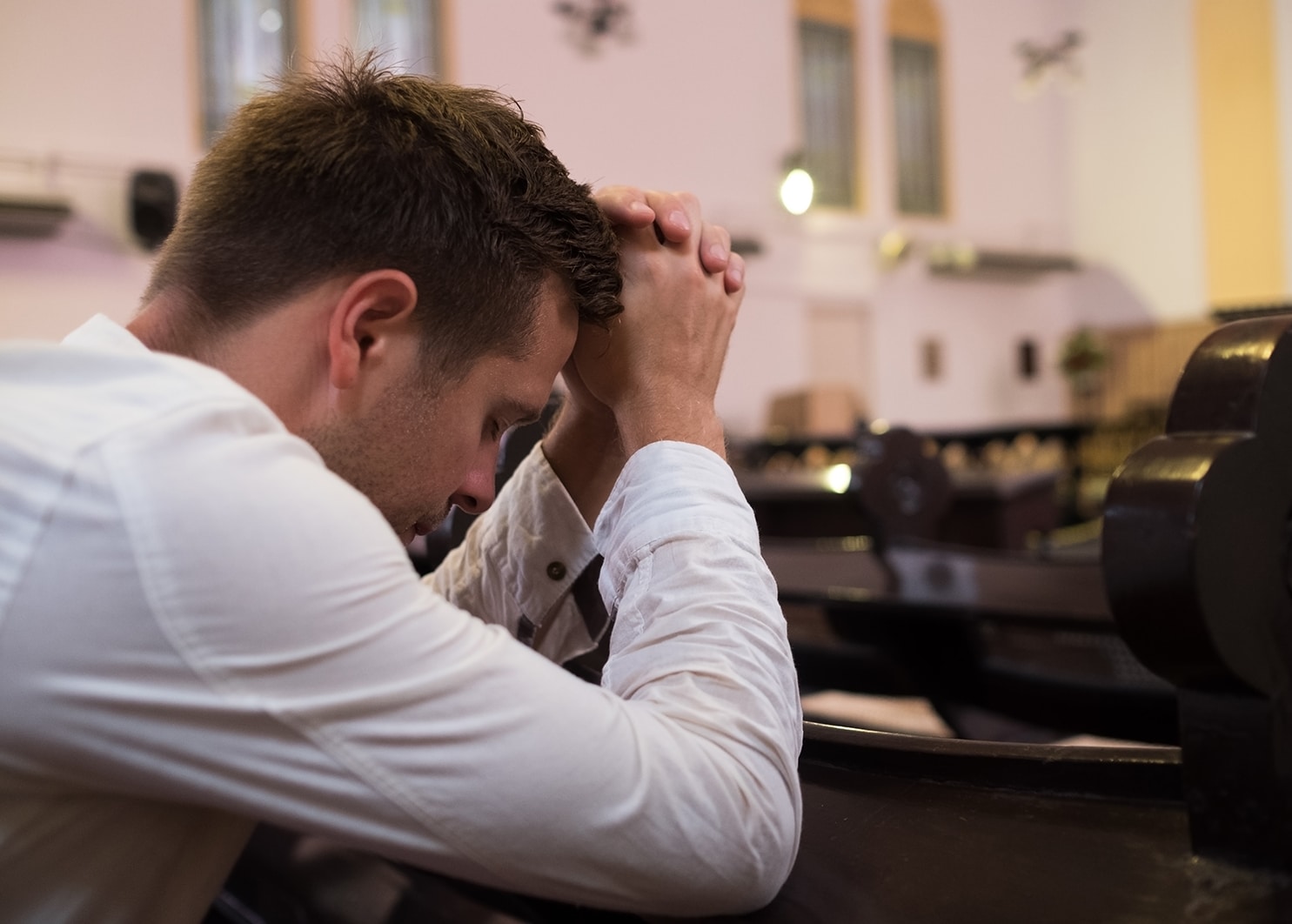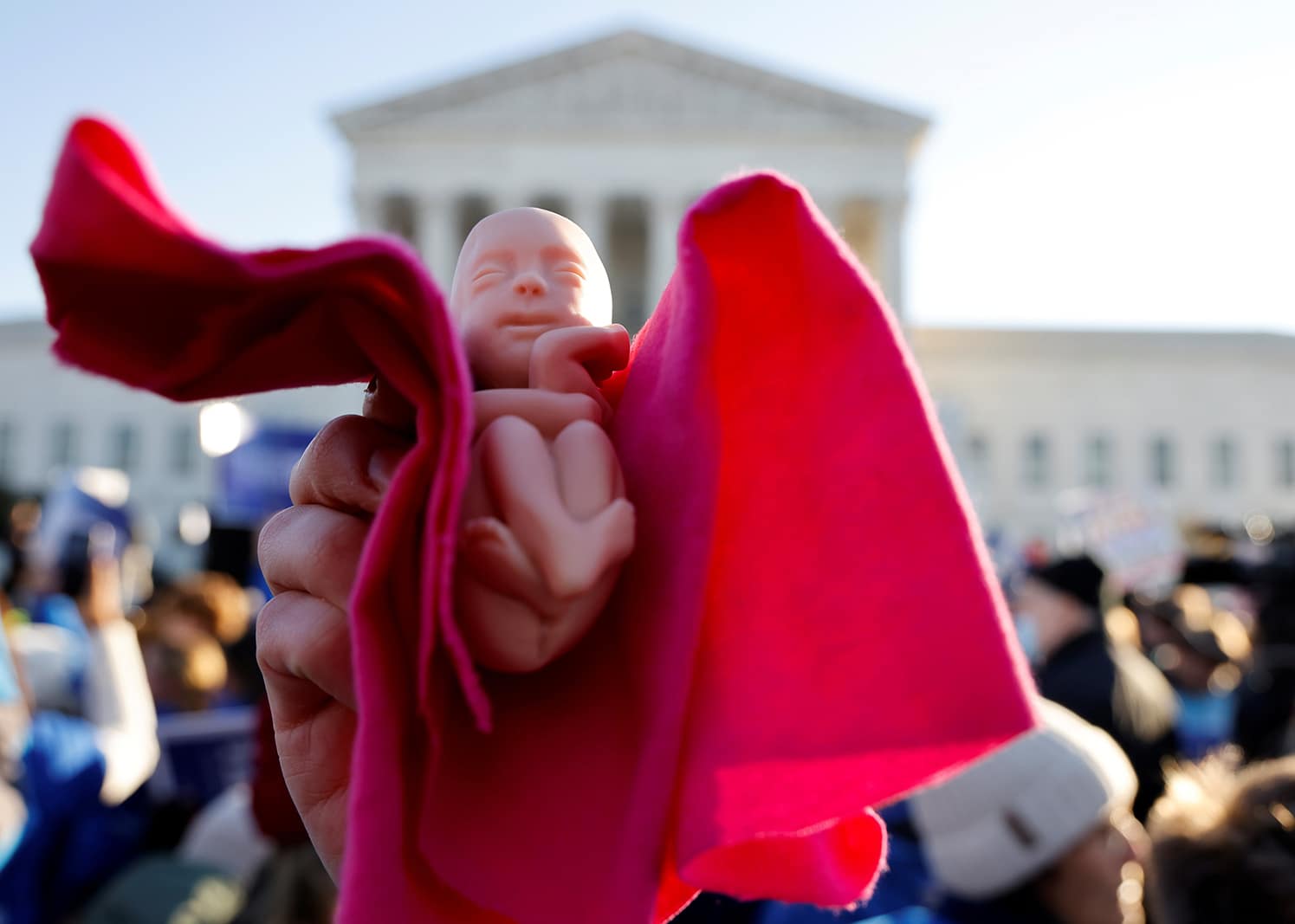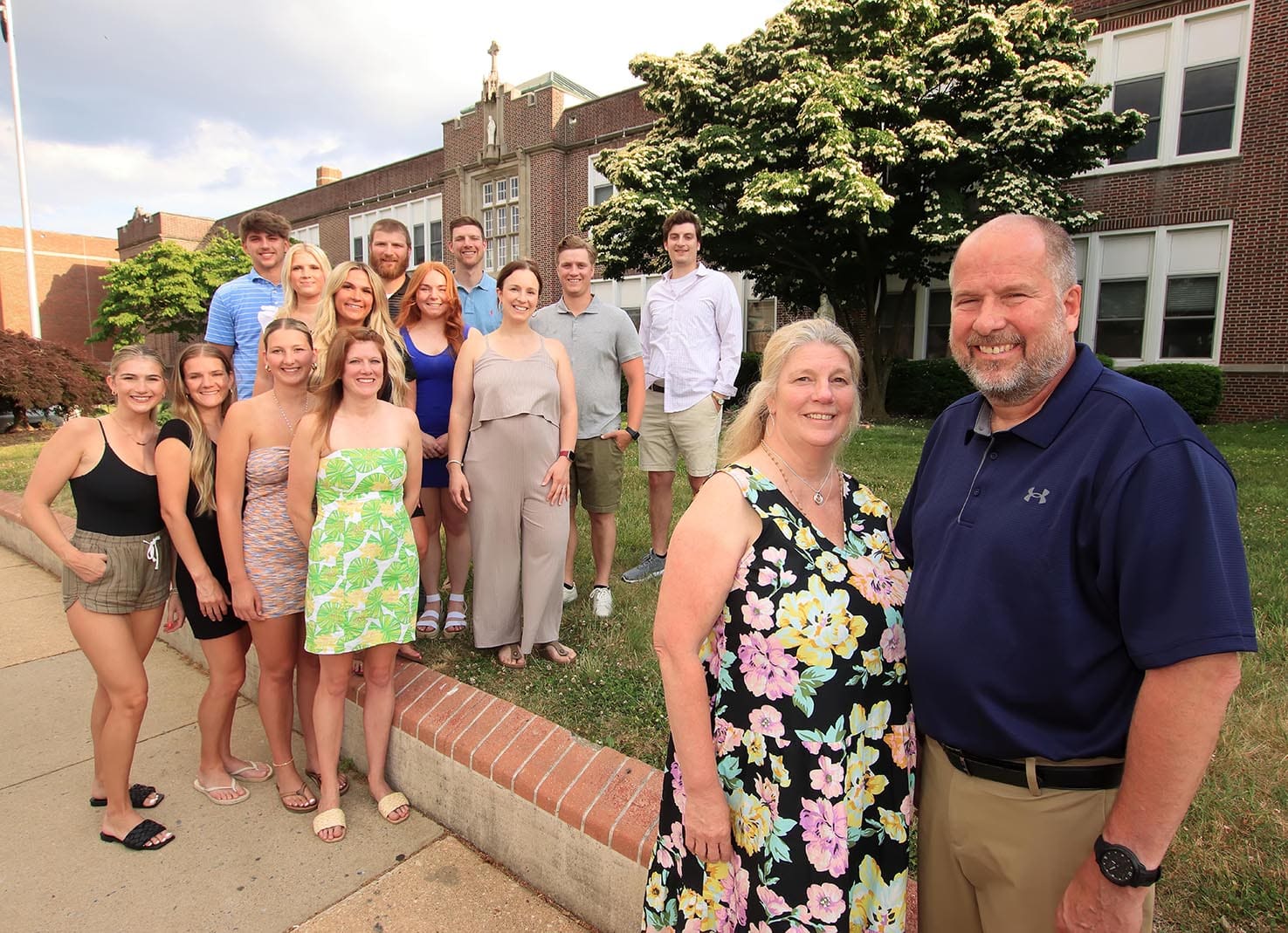Almost a decade after World Youth Day was held in Denver in 1993, Pope St. John Paul II reflected on the event, saying to his biographer, “Bishops of America said it couldn’t be done. I … proved … them … wrong!” The Holy Father faced a great deal of criticism for his invitation to meet the young people of America. Many leaders of the Church in the United States thought the youth festival would not succeed. In fact, an estimated 500,000 to 1 million young people participated in the gathering.
Now, more than three decades later, World Youth Day VI is widely viewed as a pivotal event for the Church in the U.S. The event galvanized the new evangelization among America’s youth. Countless priests, religious and married couples report discovering their vocations during the gathering. New apostolates were founded, and RCIA classes saw rising enrollment trends. It was a once-in-a-generation moment for the American Church.
We are due for another transformational moment, for an encounter to spark a new fire for the American Church. The National Eucharistic Congress is more than an event; it’s a milestone in the life of the Church in our country. Eighty-three years after the last National Eucharistic Congress was held in Falcon Heights, Minnesota, at the Minnesota State Fairgrounds, we gather again, expecting tens of thousands of pilgrims to witness this moment of renewal. That’s why in 2022, when the U.S. bishops voted at their annual meeting to launch a National Eucharist Revival, OSV pledged a three-year, $1 million dollar grant to support their initiative.
We believe firmly in the power of Our Eucharistic Lord to radically transform the lives of the faithful. We believe that when people come before him in Eucharistic adoration, the horizon of life changes. Christ alone knows the depths of the human heart. Christ alone is the answer for the sorrows and struggles of our day. Jesus, truly present in the Eucharist, is the answer.
Pope Francis has given strong support to the gathering. The Holy Father told a delegation from the U.S. bishops last year that “It is my hope, then, that the Eucharistic congress will inspire Catholics throughout the country to discover anew the sense of wonder and awe at the Lord’s great gift of himself.” In particular, the pope lamented, we “have lost the sense of adoration.” The recovery then, of Eucharistic faith, must begin in adoration.
The National Eucharistic Congress is not the end of the Eucharistic Revival.
In Eucharistic adoration, Christ speaks — from his heart to the hearts of those present before him. In the silent prayer of adoration, the voice of Jesus is heard. Transformation and renewal begins with listening to Christ’s voice.
The mission heard in adoration is then lived in community. The goal of the National Eucharistic Congress is to allow believers to encounter Christ and then equip them for witness. The heart that has discovered Jesus in the Eucharist will want to share him!
The impact of the National Eucharistic Pilgrimage has been indisputably extraordinary. But think of how many places the pilgrimage hasn’t reached. Think of the Catholics whose lives have not yet been touched by the revival. We hope that priests will be moved to expand opportunities for confession and healing in parishes. We hope that young people will be inspired to pursue vocations as priests and religious. We hope that a new wave of apostolates for evangelization and service of the poor will be founded across the country.

As we approach this historic moment, remember that this congress is about more than personal transformation. It is about coming together as a Church, united in our mission to make Jesus known and loved by every soul we meet. It is a chance to experience a new Pentecost, to receive the graces the Lord wants to give us to preach his Holy Name with increasing fervor and joy. Only one who has been converted can make the invitation to conversion.
Remember, too, that the National Eucharistic Congress is not the end of the Eucharistic Revival. The gathering of the faithful in Indianapolis is not a capstone event. Just the opposite! The congress is the launch of a year of mission that will conclude the U.S. bishops’ original three-year plan for revival. We hope that the tens of thousands of faithful participating in this gathering in Indianapolis will be set on fire for mission. But the revival itself must extend beyond this final year of mission through the ongoing work of the National Eucharistic Congress organization.
We hope that the National Eucharistic Congress organization will use the lessons it has learned to help dioceses inaugurate regional congresses to galvanize the faithful. We hope to see celebrations on and around Corpus Christi, including not merely processions but pilgrimages, across the country. We hope that new initiatives will be launched and supported at the national level to bring Catholics back to Mass, offer new opportunities for catechesis and help Catholics develop their interior lives.
Above all, we hope that plans will soon be unveiled for another national congress, perhaps to coincide with the expected 2030-2033 Jubilee celebrating the 2,000th anniversary of Christ’s ministry, death, and resurrection. Because we are convinced this year’s National Eucharistic Congress is already bearing fruit.







